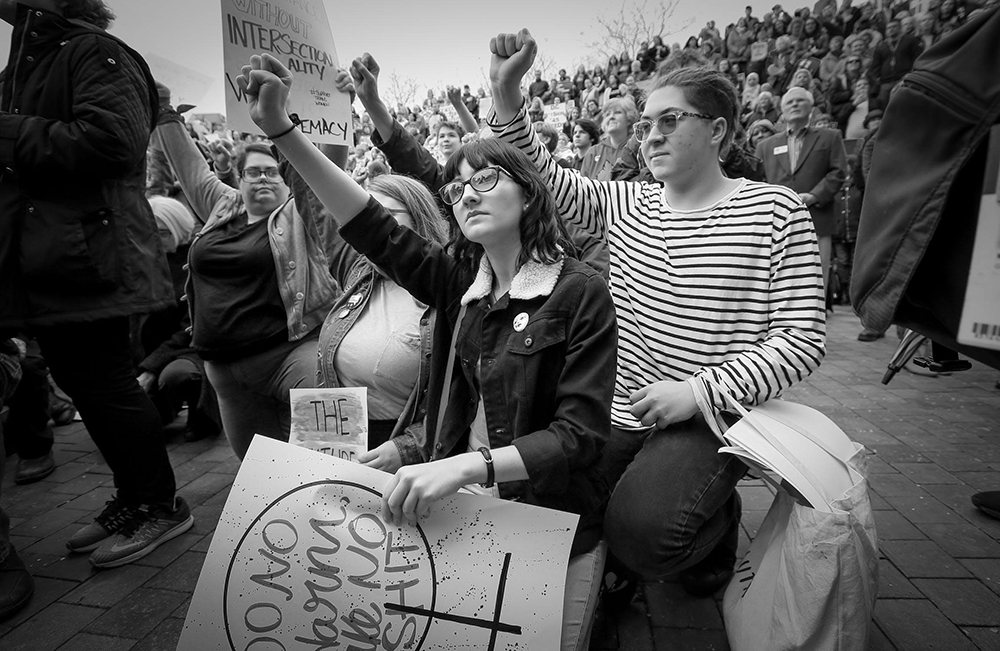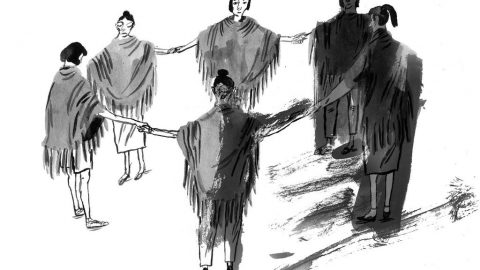International Women’s Day is often thought of as a celebration of the strengths and power that women have and progress that women have made. Events which mark the occasion celebrate womanhood in all its forms. But let us not forget the true origins of International Women’s Day – a protest calling for women’s right to feed their families, calling for economic freedom.
The annual event began in 1908, with women in New York City calling for better pay and better working conditions. Famously, in 1917, women in the Soviet Union marched for “peace and bread”, and the ability to provide a life for themselves and their families. Since then, International Women’s Day has been commemorated and celebrated each year on March 8th.
While there is indeed, much to celebrate in the advancement of women over the last century, women still face serious disadvantages, especially concerning financial and economic empowerment. One of the issues that remains unchallenged in Canadian society is the economic abuse that women experience within intimate partner relationships.

The theme for International Women’s Day 2021 is #ChoosetoChallenge. This is a day when everyone is encouraged to challenge the gender discrimination that remains so pervasive in contemporary society. But many women remain without choice: they cannot challenge the discrimination they face.
In 2021, women are still facing coercion within relationships. They experience violence and are victims of controlling partners. Economic abuse is an extremely damaging and long-lasting form of abuse in which a partner controls, withholds, or exploits finances; a form of abuse in which women are left without choice. They are left without any recourse to provide for themselves or their families. They are left without options.
In order to address economic abuse, which affects 96% of survivors of domestic violence, Canada needs to make policy and system changes. In March of 2021, the Divorce Act of Canada was amended to include a new definition of family violence. This definition names coercive and controlling behavior as part of violence and abuse. While this is a progressive step, the legal definitions of domestic violence still do not specifically name economic abuse. Without naming the problem, many women are not aware of what they experience. Without a legal definition, women are left without the recourse to challenge what has happened to them.
Currently, the Canadian Center for Women’s Empowerment is the only national organization focused on raising awareness of the issue of economic abuse. Like the women marching 104 years ago in the streets of St. Petersburg, CCFWE is calling for the economic freedom of women.
So, this International Women’s Day, #ChoosetoChallenge #EconomicAbuse. Choose to challenge the Canadian government’s lack of a response to a debilitating and socially condoned practice of controlling women. Choose to be an advocate for survivors of economic abuse.
By Dr. Selena Rathwell, CCFWE Social Justice Writer









